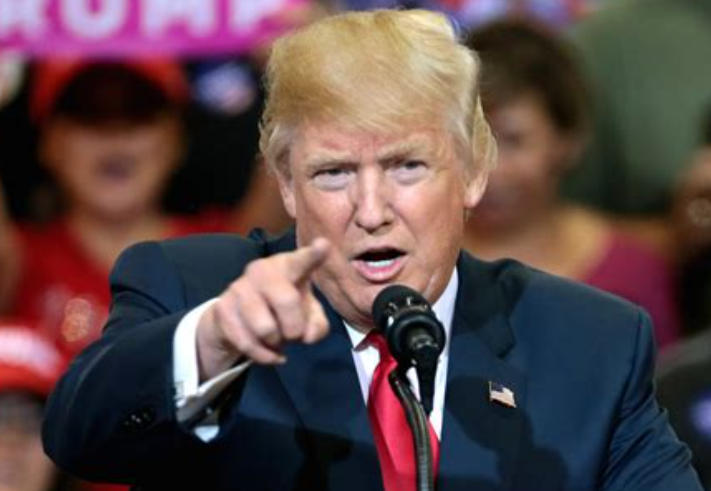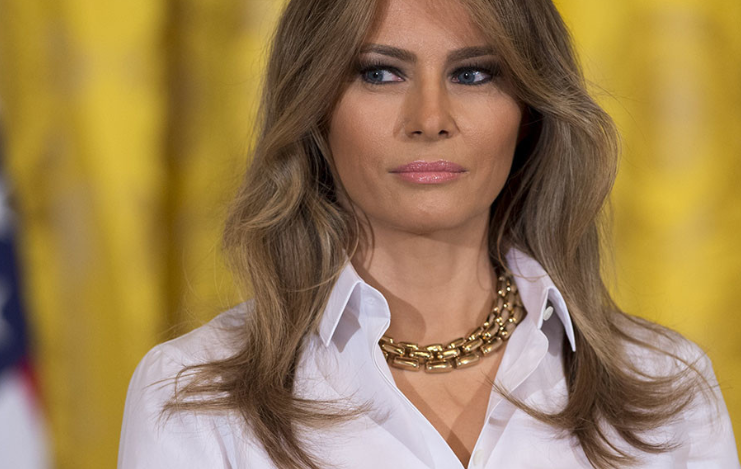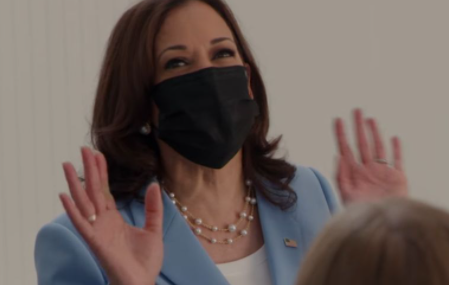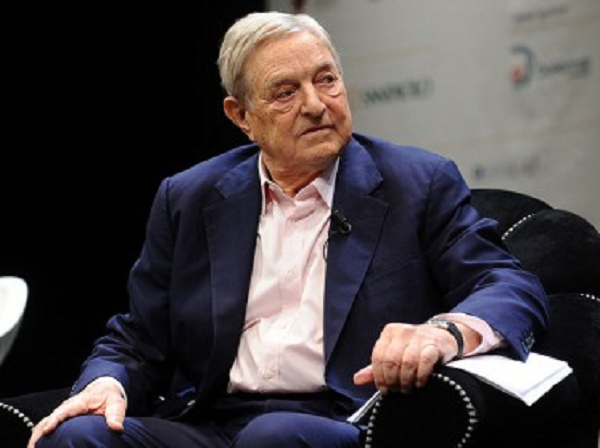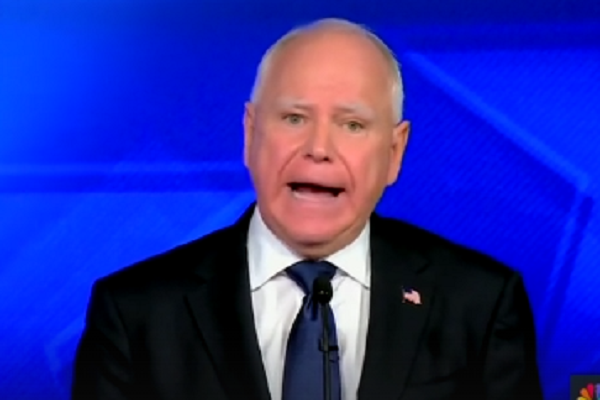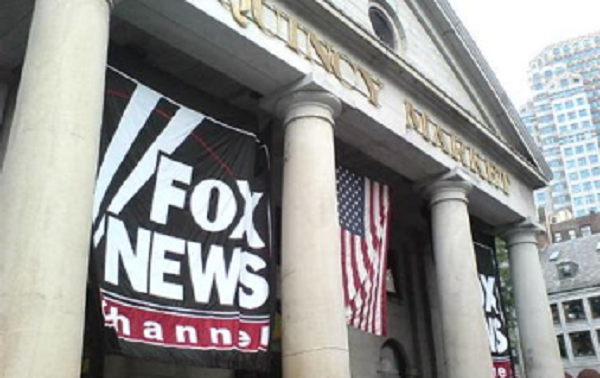Two federal judges have issued orders directing former President Donald Trump to curtail his commentary regarding the cases against him. However, legal experts are pointing out that the First Amendment, combined with Trump’s presidential candidacy and his prominent position within his party, could potentially render these orders ineffective, as reported by the Daily Caller.
Fulton County Superior Court Judge Scott McAfee’s order, issued on August 21, prohibits the former president from any form of “intimidation,” whether direct or indirect, aimed at witnesses or other parties connected to the Georgia case. This order encompasses Trump’s social media posts and even reposts of others’ content. Furthermore, Trump is barred from discussing the case’s details directly with any co-defendant except through legal counsel.
Additionally, U.S. District Judge Tanya Chutkan issued a protective order on August 11 to limit Trump’s speech about “sensitive materials” pertaining to the Washington, D.C. indictment for his actions related to the 2020 election. Such materials often include witness interviews and recorded conversations.
Legal experts are divided on the enforceability of these orders. While University of Michigan law professor Barbara McQuade believes it will be challenging for Judge Chutkan to imprison Trump due to his enhanced First Amendment protections as a presidential candidate, Mike Davis, founder of the Article III Project, states that Trump’s status as a presidential candidate grants him core political speech protection.
Bruce Rogow, founding professor of Nova Southeastern University Law Center, emphasizes Trump’s unique situation as a former president and candidate, suggesting that his criticisms of the prosecution, being an essential component of his political performance, would likely not lead to sanctions.
Kenneth White, a former federal prosecutor, asserts that Trump has a strong First Amendment case for discussing the charges, evidence, and witnesses against him.
Joan Meyer of the law firm Thompson Hine LLP notes that complications arise due to one of Trump’s witnesses, his vice president Mike Pence, also running against him for the 2024 nomination. If Trump’s comments can be construed as fair commentary on the presidential race or a critique of his rival, they may not be deemed a violation of the court order.
In essence, Trump’s distinctive status as a candidate and his assertions related to the charges against him make the enforcement of these judges’ restrictions complex and open to varying legal interpretations.

